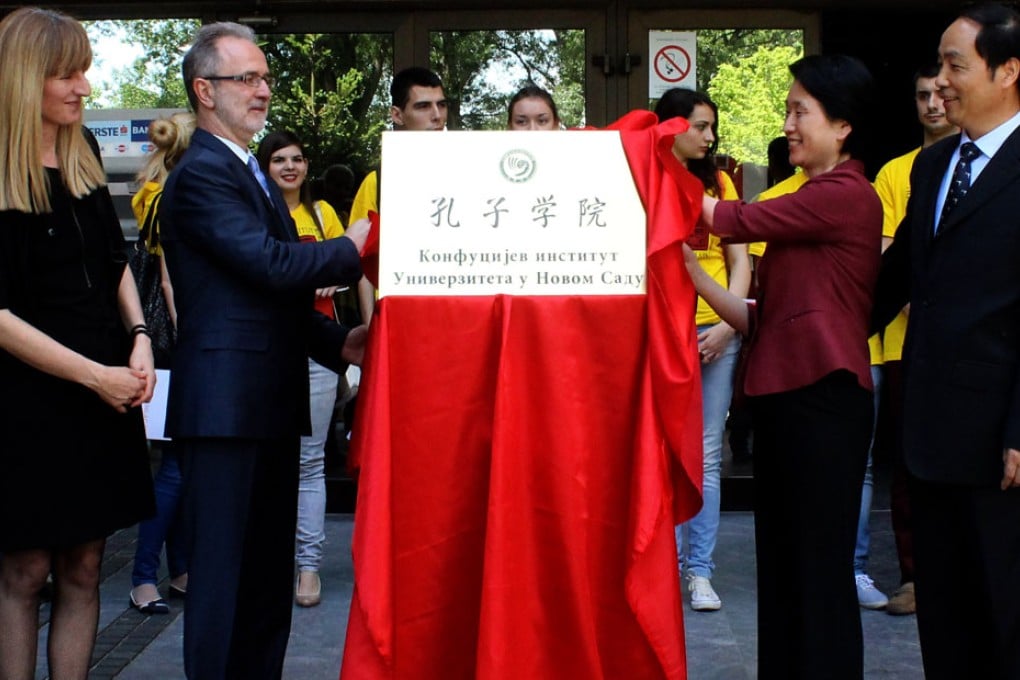The case for eliminating Confucius from China's Confucius Institutes
Kerry Brown makes the case that China should find a new cultural figure to represent it

For all the controversy surrounding the opening of hundreds of Confucius Institutes across the world in the last decade, one crucial factor has been overlooked: Confucius himself.
The institutes, funded partially by the Chinese government through its Hanban organisation, have been accused of operating as propaganda outfits. They have been criticised for being part of a sinister global campaign by a cash-rich Communist Party to brainwash outsiders and win the Chinese government illicit influence abroad.
But there is a less dramatic interpretation: the proliferation shows Beijing understands the theory of soft power projection but not its implementation and real practice.
The issue here is simple. If you wanted, as a modern Chinese, to promote a deeper understanding and a more favourable attitude towards your country and its culture, why choose a figure as unattractive, remote and contentious as Confucius to represent you? Confucius is well known, for one thing. But then, Goethe is hardly a household word in America or the UK and yet the Germans have named their cultural outfits abroad after him. And the British Council and Alliance Francaise carry names of no one at all, while doing work which has been compared to that of the Confucius Institute.
The very Communist Party now lionising Confucius attacked and vilified him just four decades ago. Surely it would have been better to use someone with a less difficult recent history to represent the culture abroad.
On top of this, there is the question of the values with which Confucius is associated: patriarchal, hierarchical, and conservative. Why celebrate in 21st century China a figure who is linked to these old ideas when you are also promoting your country as innovative, outward-looking and modern?
Add to this the remoteness and elusiveness of Confucius as a historic figure, and the problem is only compounded. In the Analects, he comes across as stuffy and elliptical. His near contemporary Mencius is at least clearer, if less well known. He communicates in paragraphs rather than staccato ambiguous sentences. And as even the best scholar of Confucius would admit, we know almost nothing about him as an individual. Why hang a soft power campaign on a figure so historically vague?
